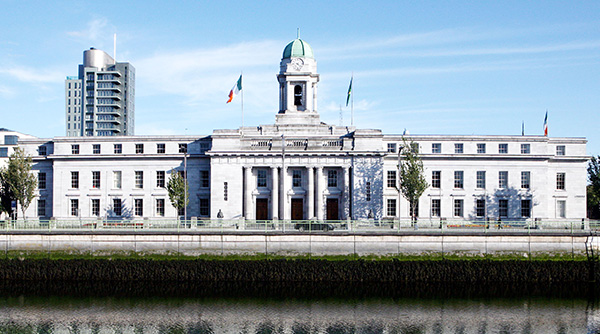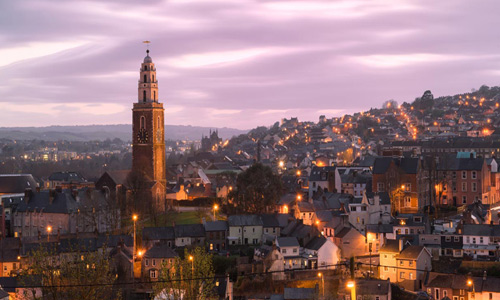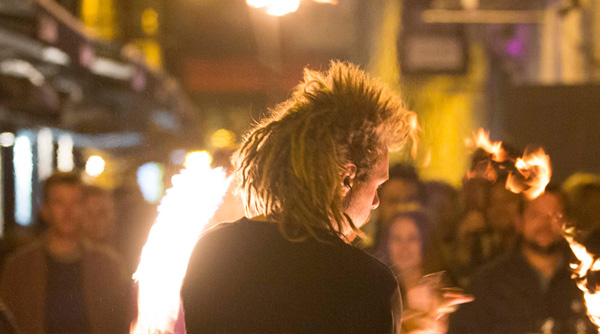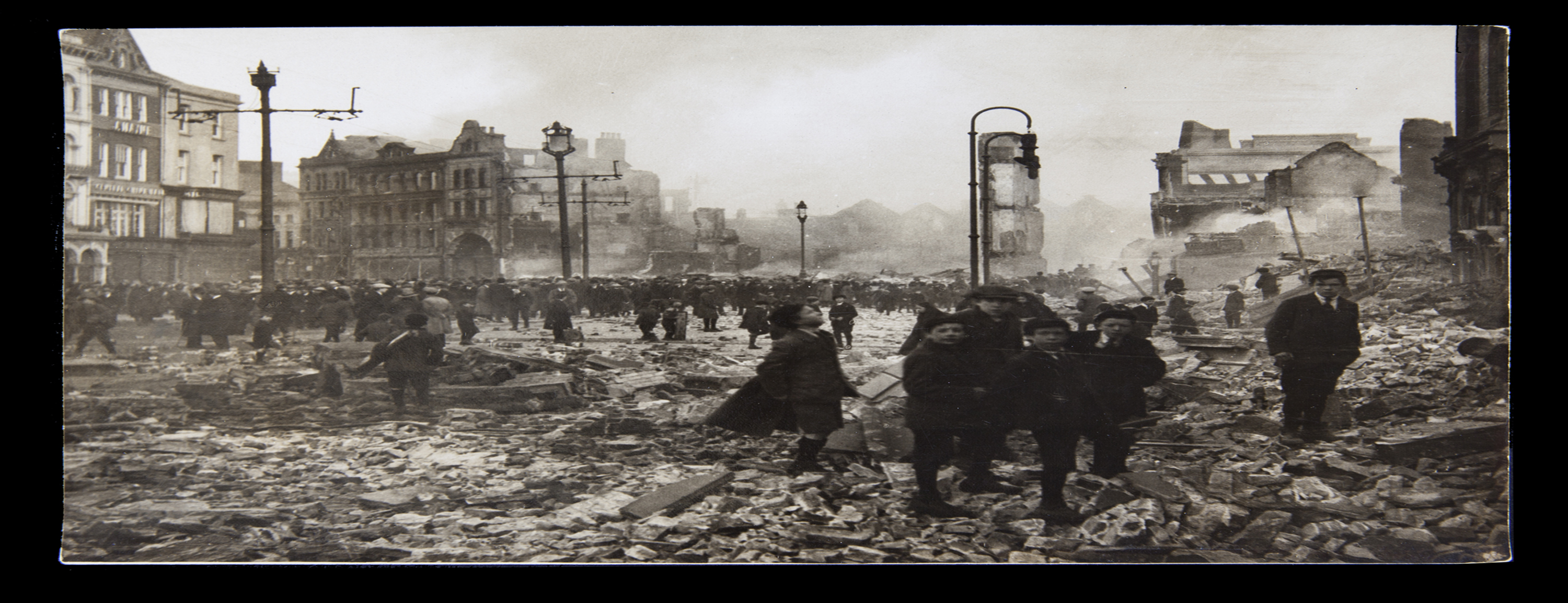Decade of Centenaries
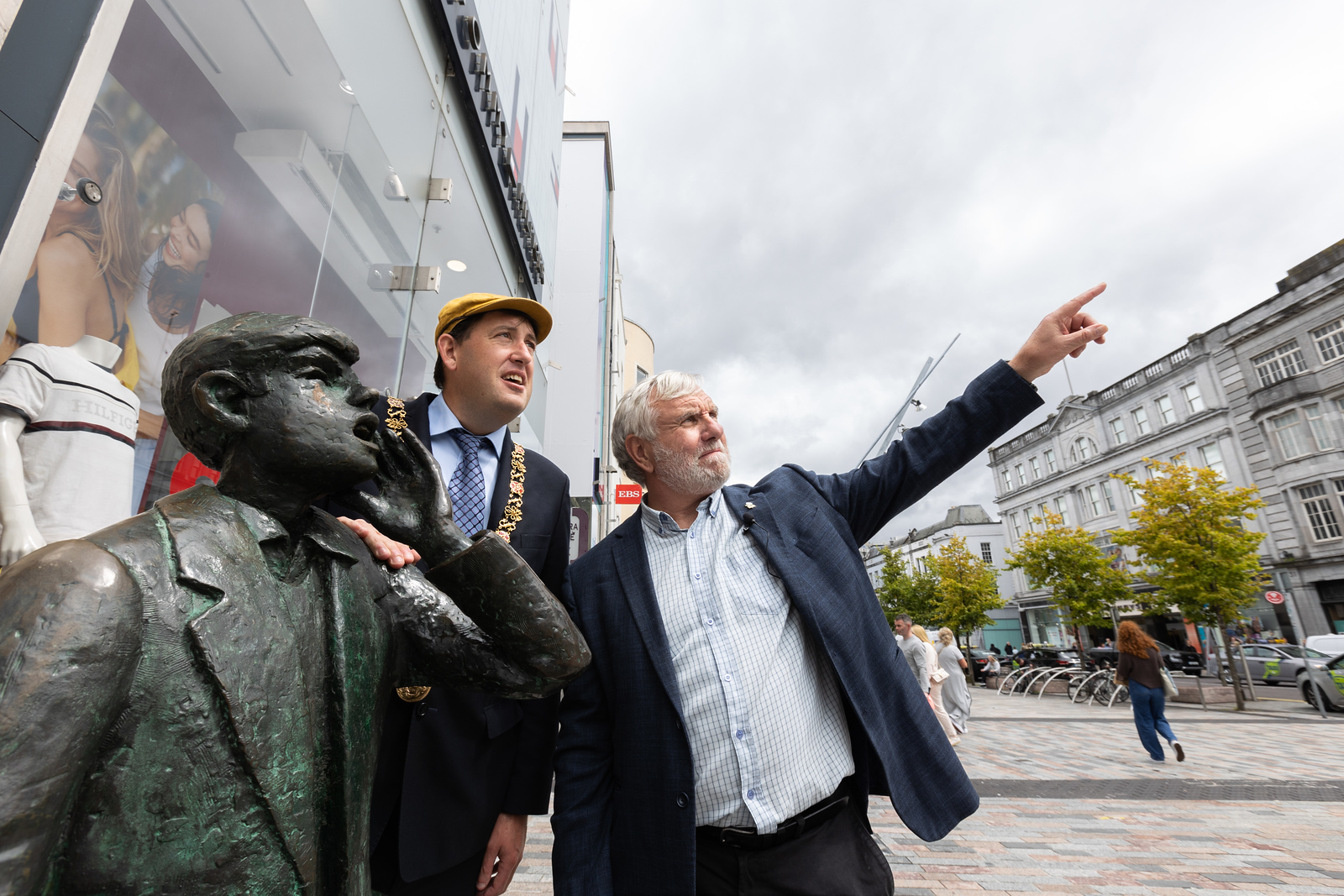
2023 Close-Out Event
Thursday 16th November 2023 will see a very special, large-scale event to conclude the Decade of Centenaries programme.
Cork City Libraries 2023 Commemorative Exhibitions & Events
Library 130 Lecture Series:
October | Thursday 26 | 7 pm |Library 130 Lecture Series:
‘Reading Cork: James Wilkinson, First City Librarian in Cork’ with Mairéad Mooney
James Wilkinson led what became Grand Parade Library for a period of forty years. This was a seismic period, spanning the war of independence and the civil war, and not least the Burning of Cork in 1920 which resulted in the loss of the then Carnegie Library. James Wilkinson steered the fledgling public library service from its inception through to becoming a thriving service for the citizens of Cork, showing extraordinary resilience and innovation. This talk will reflect on his career and legacy.
Tuesday | November 21 | 6.30 pm | Library 130 Lecture Series:
‘Racing Regulars, Pattern Pilferers and Library Loafers: An Introduction to Cork’s Carnegie Free Library via its Annual Reports 1905/1915’
The Library Annual Reports provide a unique record of the beginnings and development of the Carnegie Free Library in Cork. Helen McGonagle, author of A Room of their Own, Cork Carnegie Free Library and its Ladies Reading Room, 1905-1915 uses these reports to create a picture of this beautiful building, its myriad users and the services it provided.
The Hegarty's of the Laurels: A Short Film
The Hegarty’s of the Laurels is based on the book by Jim Hegarty and supported by the Commemorations programme. This short film tells the story of one family’s struggle during the War of Independence and the Civil War (1920 -1923). Filming starts in autumn of 2023.
Cork Commemorative Jerseys Exhibition
An exhibition featuring jerseys of the Cork teams who commemorated Irish revolutionary figures and events on their kits across 2016-2023. The Public Museum in Fitzgerald Park is to host this exhibit across the autumn / winter.
Unveiling of the Michael Collins Statue
On Friday 20th October on Grand Parade, the commemorative statue of the Irish revolutionary, Michael Collins, will be unveiled.
